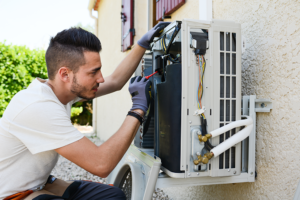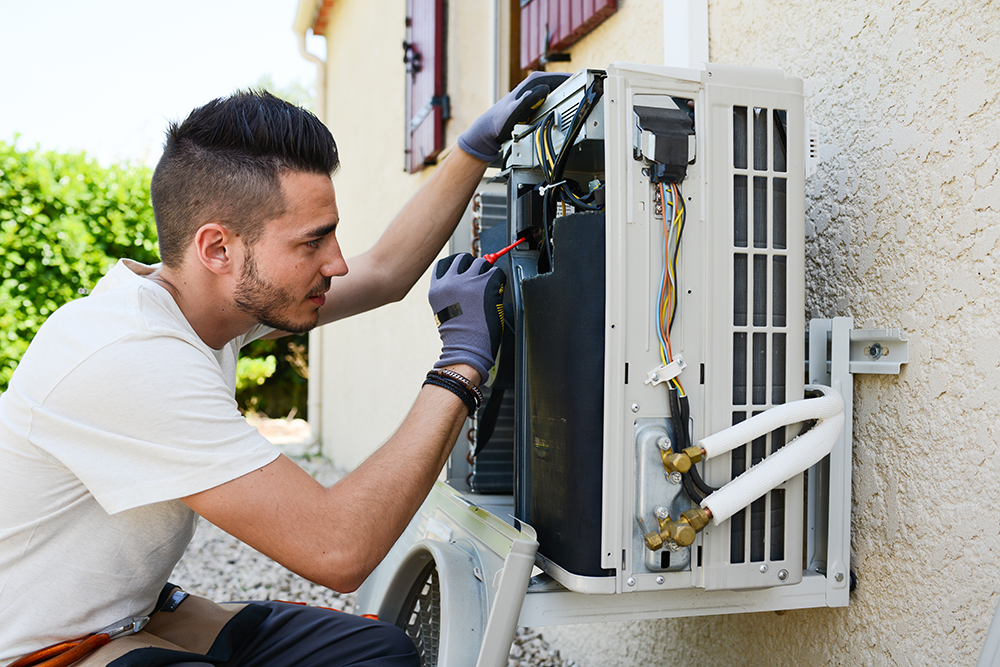Disclaimer: The information on our website is provided for general information purposes only. We make no representations or warranties of any kind, express or implied, about the completeness, accuracy, reliability, suitability or availability with respect to the website or the information contained on our website for any purpose. Any reliance on such information is therefore strictly at your own risk and we are not liable for any damages or losses arising out of or resulting from your reliance on any information contained on our website.
Electrical installers and repairers work in industries such as transportation, utilities, and telecommunication. Thus, they work to repair and instal a variety of electrical equipment. Additionally, they use diagnostic equipment to troubleshoot electric motors. Repairers also use signal generators and often hand tools to replace faulty parts and adjust equipment. Watch the following video to learn what electric motor, power tool, and related repairers do.
How to Become an Electrical Installer and Repairer

Electrical installers and repairers need at least a high school diploma, however most industries look for applicants that have completed courses in electronics at a technical school or community college. Certification is not required, but can be an advantage in gaining employment and is offered by numerous organizations. Because employers look applicants with experience, it’s important to choose a school that offers hands-on training for practical experience.
After completing your program, you would gain additional experience while on-the-job. An electrical installer and repairer must be able to identify color-coded components, have good communication skills, physical strength and stamina. Technical skills and troubleshooting skills would also be expected in this job.
Job Description of an Electrical Installer and Repairer
An electrical installer and repairer inspects, tests, and repairs equipment. If fixing an issue, they must also reassemble the equipment after solving the problem and then test the equipment again. They determine problems and requirements of customers and reproduce, isolate, and diagnose the problematic areas of equipment. These professionals also disassemble, clean, replace, and repairs components when necessary.
When the electrical installer and repairer finishes the problem they reassemble and test equipment. They often use software programs and other testing equipment, such as multimeters and advanced multimeters and must use hand tools and signal generators. As there are different specialities of electrical installers and repairers, the duties of their work may vary. Most electrical installers and repairers work in factories or in repair shops and are typically employed on a full-time basis.
Article Citations
Bureau of Labor Statistics, U.S. Department of Labor, Occupational Outlook Handbook, Electrical and Electronics Installers and Repairers.

